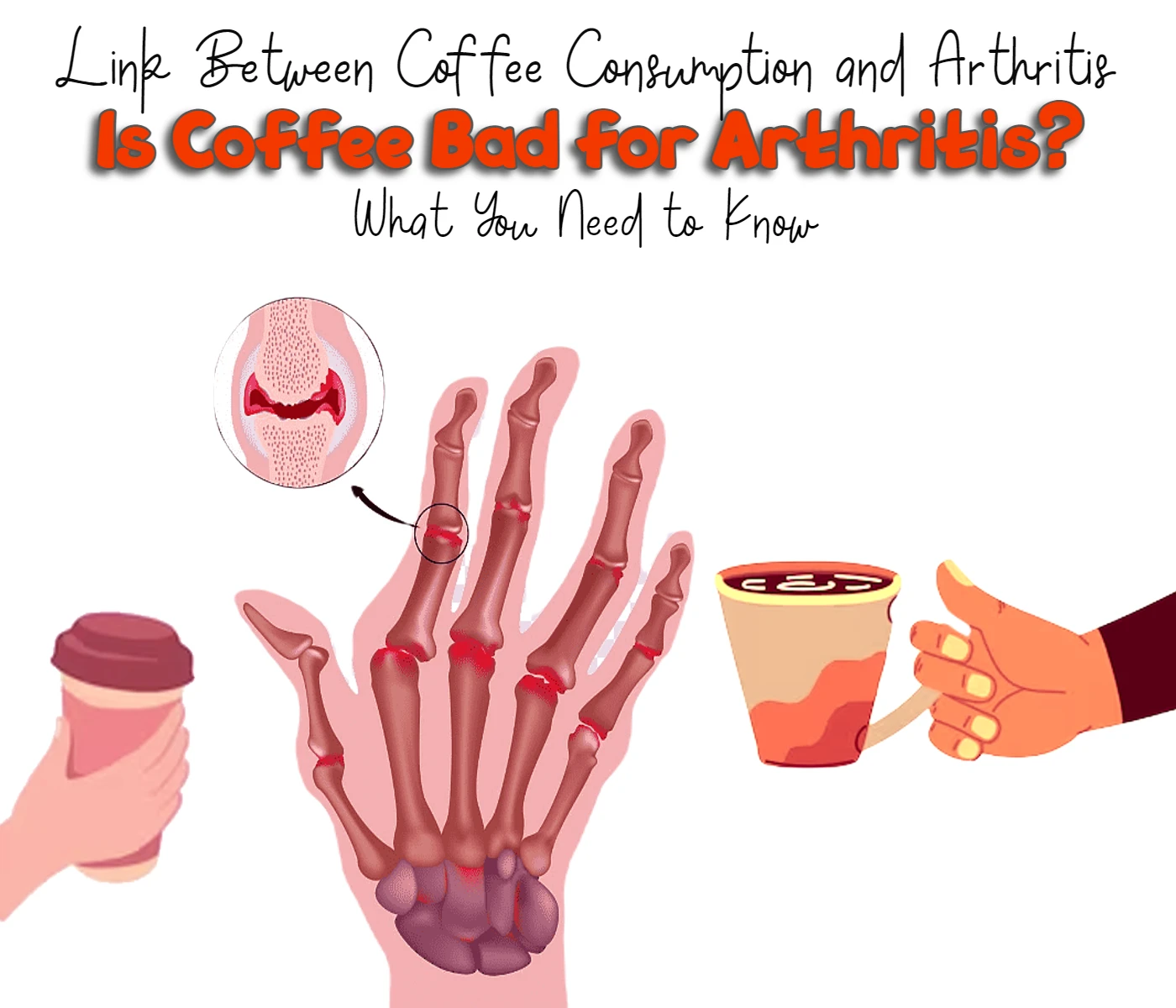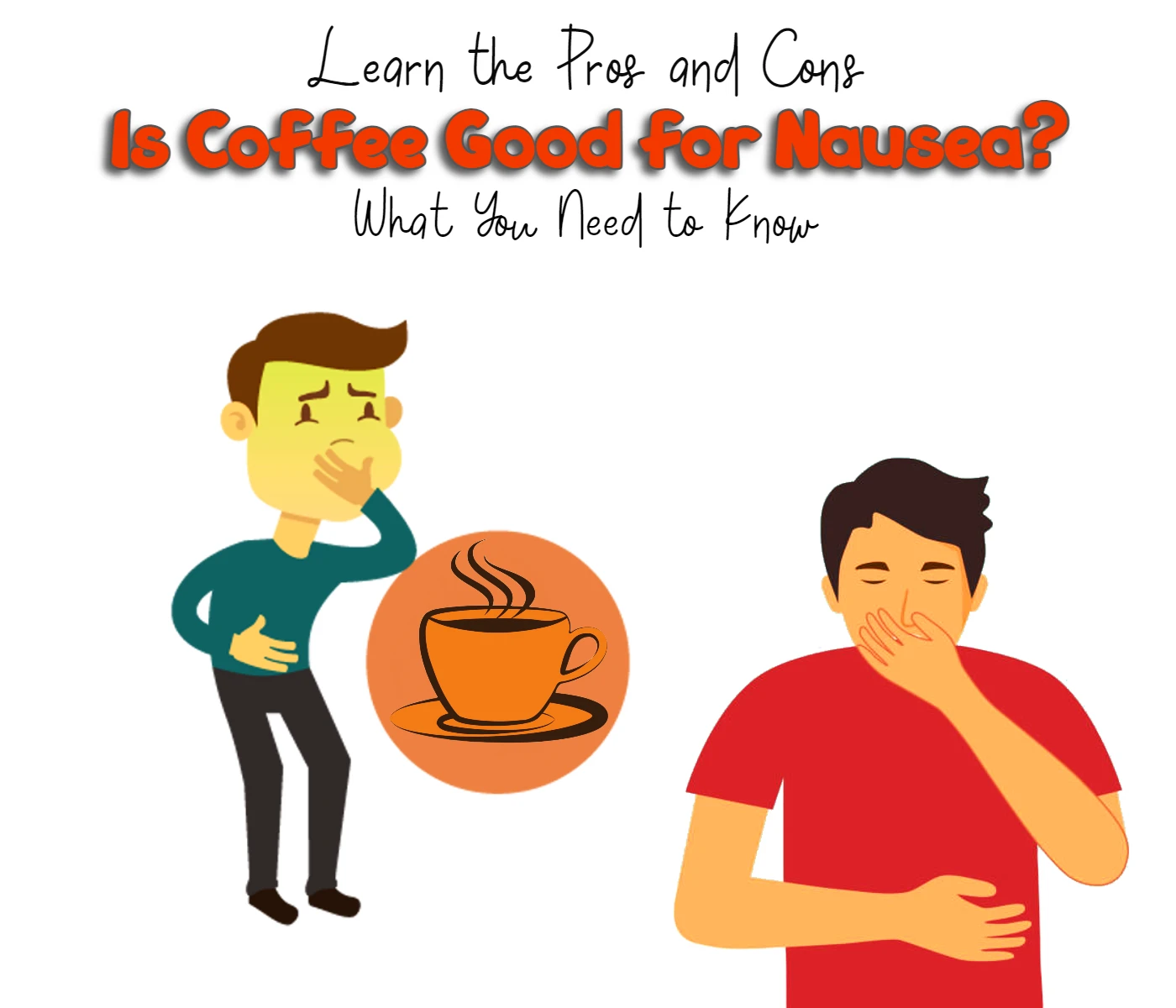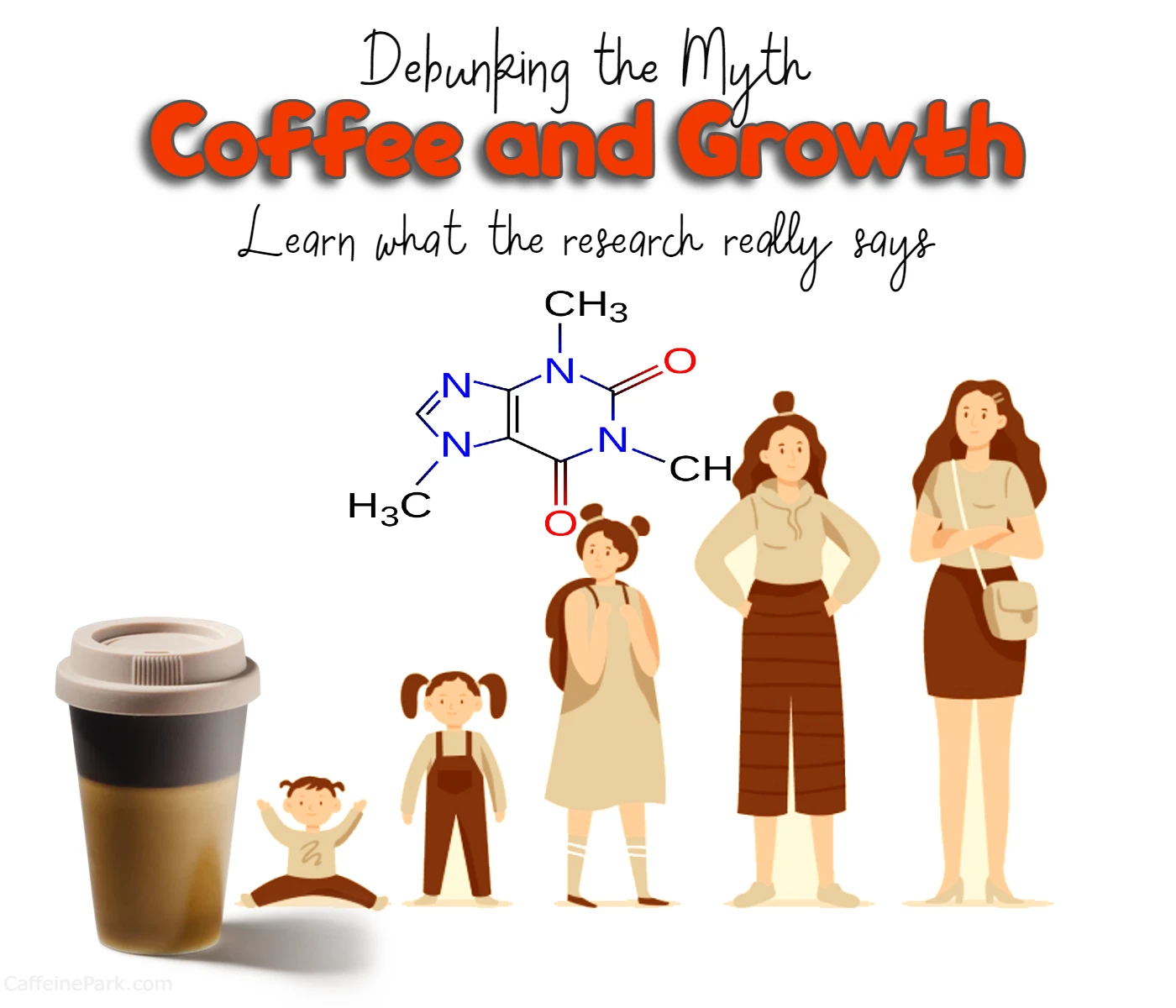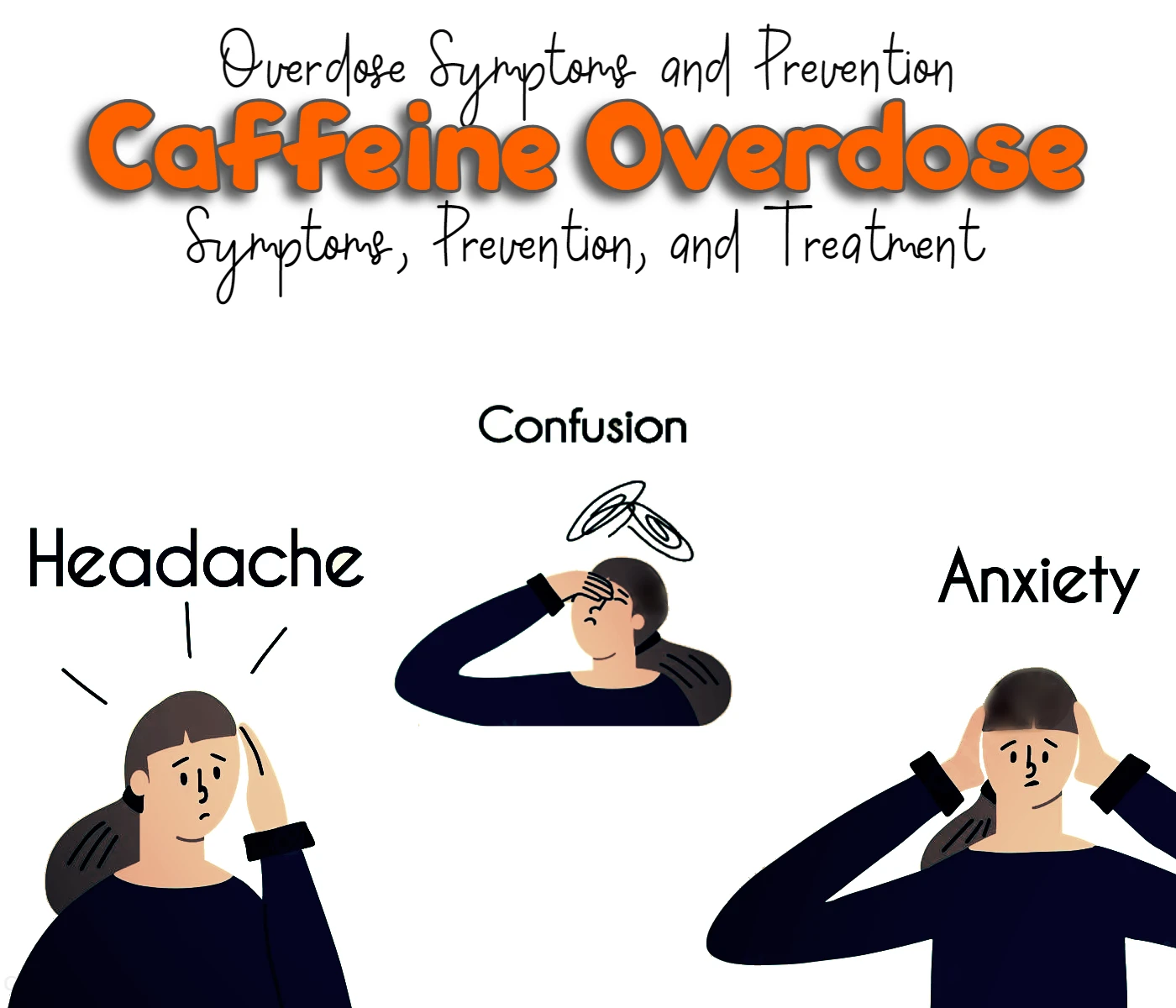About Caffeine and Tired
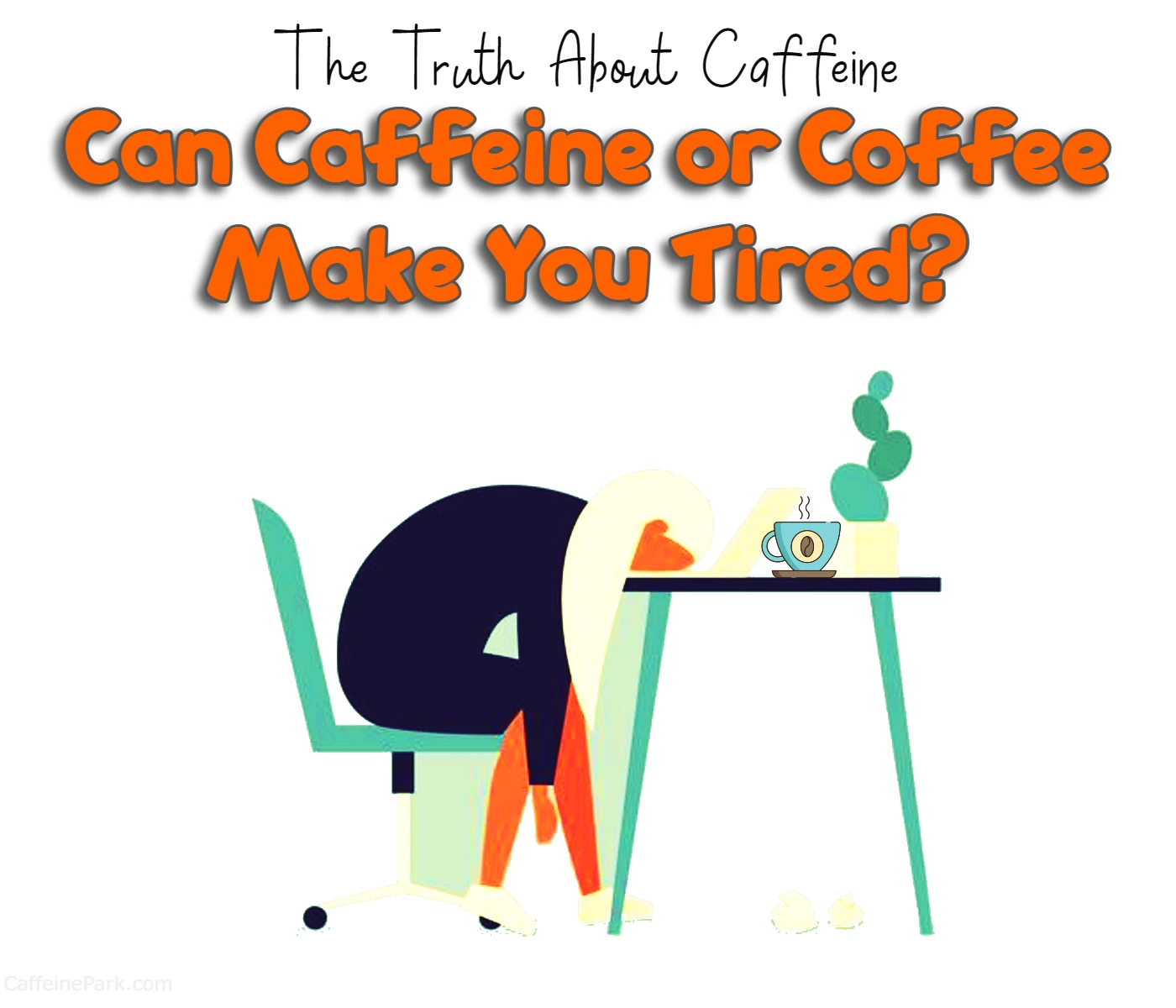
Hey there, coffee lovers! I’m here to answer a question that many of you may have wondered: can caffeine or coffee actually make you feel tired? We all know that caffeine is a stimulant and can give us a much-needed energy boost, but sometimes we may experience the opposite effect. If you’ve ever felt tired or sluggish after a cup of coffee or an energy drink, then this post is for you!
It’s important to understand how caffeine affects the body and why it can sometimes make us feel tired. While caffeine can block the action of adenosine, a neurotransmitter that promotes sleep and suppresses arousal, it can also disrupt our body’s natural sleep-wake cycle and lead to dehydration, which can contribute to feelings of fatigue. Additionally, individual tolerance and other factors such as stress and medication can also affect how caffeine affects us.
But don’t worry, there are ways to avoid caffeine-related fatigue and still enjoy your daily cup of joe! By being mindful of your caffeine intake, staying hydrated, and paying attention to the timing of your caffeine consumption, you can still get the energy boost you need without feeling tired or anxious later on. So keep reading to learn more about how caffeine affects the body and how you can avoid feeling tired after your morning brew.
Introduction
What is caffeine?
Caffeine is a naturally occurring stimulant that is found in coffee beans, tea leaves, cocoa beans, and other plants. It’s a central nervous system stimulant that blocks the action of adenosine, a neurotransmitter that promotes sleep and suppresses arousal. When adenosine is blocked, other neurotransmitters such as dopamine and norepinephrine are able to increase activity, leading to increased alertness, attention, and energy.
How does caffeine affect the body?
Caffeine is absorbed quickly into the bloodstream and reaches peak levels within 30 to 60 minutes of consumption. It has a half-life of about 4 to 6 hours, which means that half of the caffeine consumed is still in the body after that amount of time. Caffeine affects the body in a number of ways, including:
- Stimulating the central nervous system, increasing alertness, and reducing fatigue
- Increasing heart rate and blood pressure
- Relaxing smooth muscles, such as those in the airways, makes breathing easier
- Increasing the release of stomach acid, which can cause digestive problems in some people
- Stimulating the release of adrenaline, the “fight or flight” hormone, which can cause feelings of anxiety and jitters in some people
Can caffeine make you tired?
While caffeine is a stimulant and can increase alertness and energy, it can also have the opposite effect on some people. One reason for this is that caffeine blocks the action of adenosine, which is not only involved in promoting sleep but also in regulating the body’s internal clock or circadian rhythm. This means that consuming caffeine later in the day, especially in large amounts, can disrupt the body’s natural sleep-wake cycle and make it harder to fall asleep at night. In addition, caffeine can cause dehydration, which can make you feel tired and sluggish.
Caffeine can also lead to a phenomenon called “caffeine crash” or “caffeine comedown,” which occurs when the effects of caffeine wear off and the body experiences a rebound effect. This can lead to feelings of fatigue, irritability, and low mood. The severity of a caffeine crashes can depend on a number of factors, including the amount of caffeine consumed, individual tolerance, and how quickly caffeine is metabolized by the body.
Caffeine can also interact with other factors that affect sleep and energy levels, such as stress, anxiety, and certain medications. For example, caffeine can increase the effects of some medications, such as those used to treat anxiety and depression, making it harder to fall asleep and increasing the risk of side effects.
If you find that caffeine makes you feel tired or anxious, there are a few things you can do to avoid these effects:
- Limit your caffeine intake: If you’re sensitive to caffeine, try reducing your intake or avoiding it altogether. The recommended maximum daily intake of caffeine is 400 milligrams, which is about the amount in 4 cups of coffee. Keep in mind that caffeine is also found in tea, chocolate, and some medications.
- Drink water: Caffeine can cause dehydration, so be sure to drink plenty of water throughout the day to stay hydrated and prevent fatigue.
- Be mindful of timing: Try to consume caffeine earlier in the day and avoid consuming it in the late afternoon or evening, as this can interfere with sleep. Remember that caffeine can take several hours to metabolize, so be mindful of the timing of your last caffeine intake.
- Be aware of your individual tolerance: Everyone’s tolerance to caffeine is different, so pay attention to how your body reacts and adjust your intake accordingly.
- Consider alternatives: If you’re looking for a caffeine-free energy boost, try exercise, a quick power nap, or a healthy snack like fruit or nuts.
Conclusion
In conclusion, while caffeine is known for its stimulating effects and ability to increase alertness and energy, it can also have the opposite effect in some people, leading to feelings of fatigue and sluggishness. Caffeine can interfere with the body’s natural sleep-wake cycle and cause dehydration, which can contribute to fatigue. If you find that caffeine makes you feel tired or anxious, try reducing your intake or avoiding it altogether, staying hydrated, being mindful of timing, and considering alternatives. Remember that everyone’s tolerance to caffeine is different, so pay attention to how your body reacts and adjust accordingly.
Tips for Alternative
If you’re looking for an alternative to caffeine or coffee to boost your energy levels without feeling tired or anxious later on, here are a few tips:
- Exercise: Physical activity can naturally boost energy levels and improve mood. Even a quick walk or some stretching can help increase alertness and reduce fatigue.
- Power naps: Taking a short nap, ideally around 20-30 minutes, can help improve cognitive function and alertness. Just be sure not to nap too close to bedtime, as this can interfere with nighttime sleep.
- Hydration: Staying hydrated throughout the day can help prevent feelings of fatigue and boost energy levels. Aim to drink at least 8 glasses of water a day, and consider hydrating snacks like watermelon or cucumber.
- Healthy snacks: Eating a healthy snack can provide a natural energy boost without the jitters and crashes associated with caffeine. Some good options include nuts, fruit, and yogurt.
- Essential oils: Certain essential oils, such as peppermint and lemon, can help increase alertness and improve focus. Try diffusing some essential oils in your workspace or inhaling them directly from the bottle for a quick pick-me-up.
Remember, it’s important to pay attention to your individual needs and find what works best for you. While caffeine and coffee can be a quick and easy way to boost energy, there are plenty of other natural alternatives to consider as well.
FAQs
Yes, caffeine can sometimes have the opposite effect and make you feel tired or sluggish. This can be due to factors such as individual tolerance, stress, and medication, as well as the timing and amount of caffeine consumed.
To avoid caffeine-related fatigue, it’s important to be mindful of your caffeine intake and pay attention to the timing of your consumption. Staying hydrated can also help, as dehydration can contribute to feelings of fatigue. Additionally, consider alternatives to caffeine, such as exercise or a healthy snack, for a natural energy boost.
Read More:

